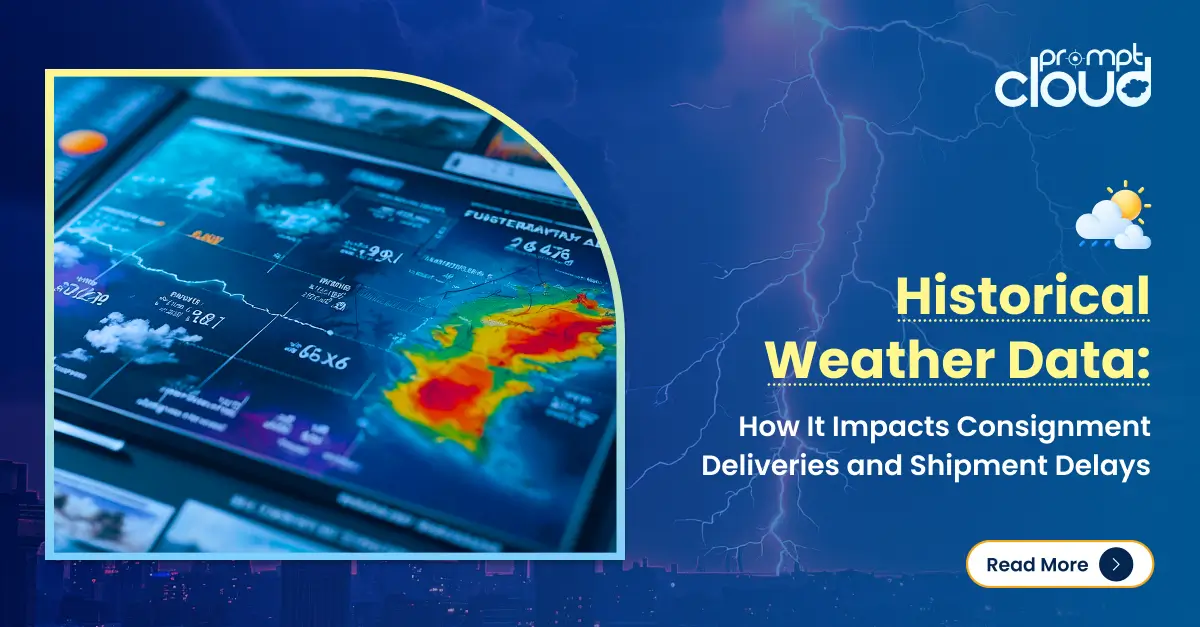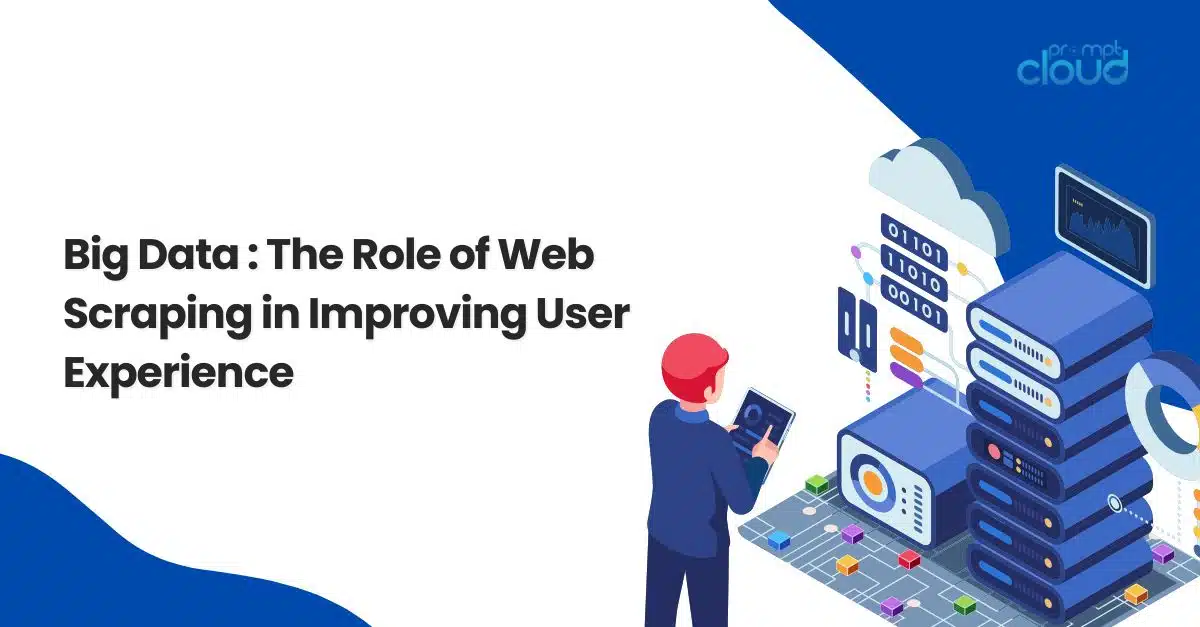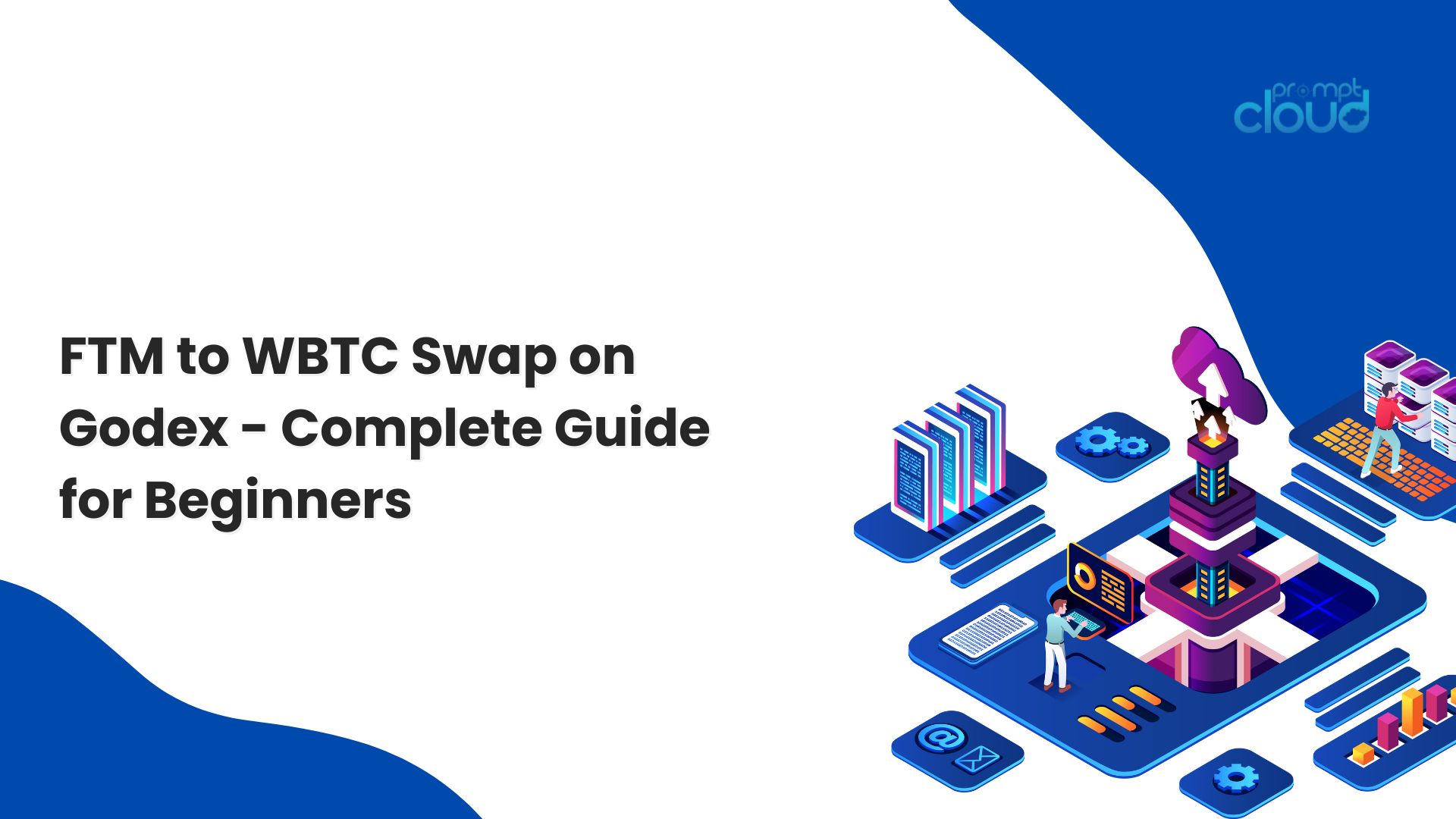
Starting your first business as a college student might sound overwhelming, but what if I told you there’s a secret weapon to help you succeed? It’s called web scraping—a digital superpower that allows you to gather valuable data from the internet. In this article, we’ll explore how web scraping can help you identify trends, spot opportunities, and give your entrepreneurial journey a head start.
Why College Is The Best Time?
College life often feels like a balancing act—managing assignments, group projects, and those last-minute deadlines that always seem to pop up. To stay on top of everything, students often turn to tools and resources that make life easier. For instance, when the workload gets overwhelming, many rely on online writing services Papersowl at https://papersowl.com/do-my-assignment to handle their academic tasks efficiently. These services not only help students manage their time better but also reduce stress, allowing them to focus on other important areas like pursuing entrepreneurial ventures or developing new skills. This same resourceful mindset can be applied when setting up your first business, using smart tools and techniques to simplify the process and achieve your goals.
Starting a business during college can feel exciting, but let’s be honest—it can also feel a bit overwhelming. How do you even begin to figure out what’s trending, what people want, or where the gaps in the market lie?
Here’s the good news: web scraping can make this process a whole lot easier. Students across the globe are using this innovative technique to gather insights, analyze trends, and turn their business ideas into reality. Whether it’s a class project that sparks an idea for a startup or a side hustle you’ve always dreamed of launching, web scraping gives you the tools to make data-driven decisions without spending hours hunting for information manually.
By automating data collection from websites, web scraping saves time and helps you uncover hidden opportunities—essential for anyone trying to balance coursework and entrepreneurship. It’s like having a personal research assistant at your fingertips, showing you what works and what doesn’t in your chosen market.
Now that we’ve established how useful this tool is, let’s break it down further and explore exactly how web scraping works and why it’s a game-changer for budding college entrepreneurs.
What is Web Scraping?
If you’re new to the term, web scraping might sound like something out of a sci-fi movie, but it’s much simpler than you think. Web scraping is the process of extracting data from websites using automated tools. Think of it as a giant net that collects useful information, like fishing for gold nuggets in a sea of data.
Why Does It Matter for Your Business?
Imagine you want to start a business selling eco-friendly notebooks. Before diving in, wouldn’t it be helpful to know what’s trending in the stationery industry, what your competitors are offering, or what customers are saying in reviews? Web scraping can gather all this information and more, saving you time and effort while giving you a clear picture of the market.
Benefits of Web Scraping for College Entrepreneurs
Starting a business is like solving a puzzle—you need the right pieces to see the full picture. Here’s how web scraping can help:
1. Spotting Market Trends
The internet is like a treasure chest full of insights. With web scraping, you can monitor platforms like Google Trends, Twitter, or Reddit to uncover what’s buzzing in your niche. For example, you might discover that students are raving about reusable planners or customized sticky notes. This kind of trend data helps you tailor your product or service to current demand.
2. Understanding Your Audience
What do your potential customers really want? Scraping online reviews, forums, or social media comments can give you unfiltered opinions straight from your audience. If people are complaining about overpriced eco-friendly products, you could step in with a more affordable solution. It’s a bit similar to using 300 words essay topics examples when writing an essay —you’re analyzing existing ideas to inspire your own. By studying customer feedback and opinions, you can better understand the market and create a product that resonates with your target audience.
3. Analyzing Competitors
Knowing your competition is key to standing out. By scraping data from competitors’ websites, you can learn about their pricing, popular products, and customer feedback. This knowledge helps you refine your business plan and create a unique value proposition.
How to Get Started with Web Scraping
Ready to dive into web scraping? Here’s a step-by-step guide to get you started:
1. Choose Your Tools
You don’t need to be a tech wizard to scrape data. There are beginner-friendly tools like:
- Beautiful Soup (Python library)
- Scrapy (Python framework)
- ParseHub (No-code scraping tool)
These tools allow you to extract data even if you’re not a coding expert.
2. Define Your Goal
Before you start, be specific about what you want to achieve. Are you looking to analyze pricing trends? Find customer feedback? Or track the popularity of certain products? A clear goal makes the process more efficient.
3. Target the Right Websites
Focus on websites that are relevant to your business idea. For example, if you’re launching a clothing line, you might scrape data from fashion blogs, e-commerce sites, or Pinterest boards.
4. Follow the Rules
Ethical web scraping is important. Make sure to respect websites’ terms of service and avoid overloading servers with too many requests. Some sites even provide APIs, which are safer and easier to use for data extraction.
Real-Life Examples of Success
Web scraping isn’t just theory—it’s a tool used by successful entrepreneurs worldwide. Let’s look at some examples:
- The Rise of Drop Shipping: Many drop shipping businesses use web scraping to track trending products on e-commerce platforms like Amazon or AliExpress. This data helps them select high-demand items for their stores.
- Social Media Insights: Startups often scrape data from Instagram or TikTok to identify viral trends. A college student could use this technique to spot popular fashion styles or snack ideas.
- Local Market Analysis: Scraping Google Maps or Yelp can provide insights about local businesses, helping you find gaps in the market.
Challenges and How to Overcome Them
While web scraping is powerful, it’s not without challenges. Here are some common hurdles and tips to tackle them:
1. Learning Curve
If you’re new to programming, tools like Beautiful Soup might feel intimidating. Start with no-code tools or online tutorials to build your confidence.
2. Blocked Websites
Some websites have measures to prevent scraping. To avoid being blocked, use techniques like rotating IP addresses or scraping at slower speeds.
3. Data Overload
Web scraping can generate massive amounts of data. Focus on extracting only what’s relevant and use data visualization tools like Excel or Tableau to make sense of it.
Final Thoughts
Web scraping is like having a cheat sheet for starting your business. It gives you the insights you need to make informed decisions and stay ahead of the competition. As a college student with big dreams, this tool can be your first step toward building a successful venture.
So, what are you waiting for? Dive into the world of web scraping, explore the endless possibilities, and let your entrepreneurial journey begin! Remember, every great business starts with an idea—and the data to back it up.



















